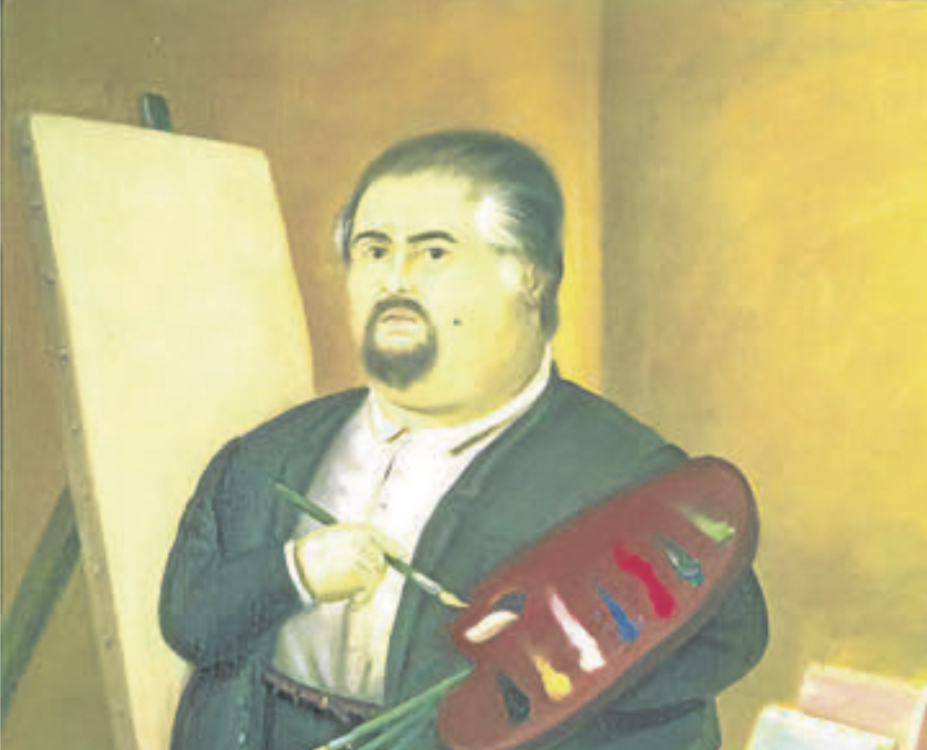ALBERTO BARCIELA
FAKE ARTIFICIAL INTELLIGENCE, JOURNALISM AND INTELLECTUAL PROPERTY

“Robots will never be able to be journalists, but neither should journalists act like robots”, was our conviction, which I now reaffirm, six years ago at the closing of the III Congress of Editors Europe-Latin America-Caribbean, which I had the honor of directing in Bogota. That conclusion now acquires a special relevance with the irruption in the world of communication, also in other fields, of Artificial Intelligence which, according to the definition of the Royal Spanish Academy, is a scientific discipline that deals with the creation of computer programs that execute operations comparable to those performed by the human mind, such as learning or logical reasoning.
Machines will never be able to replace people, but they can replace them in certain actions in which the rational is and will be mere appearance. The devices use resources extracted from human knowledge after processing them with varying degrees of success. The results are comparable but cannot be equated. Machines can exponentially simulate, imitate, copy, mix, confuse and falsify realities, resemble original, creative, and even dialogue with each other and surpass in capacity the rational ones, but human and professional concerns, values, ethics and morals, life or hope are intrinsic to human beings.
I think so.
Since that meeting in Colombia, three other congresses have been held. One of its fruits, presented at the III EU-CELAC Summit, held on July 17 and 18 in Brussels, is EDITORED – Network of Publishers of the European Union, Latin America and the Caribbean – initially comprising 62 members, directly responsible for the editions of the most relevant media in each country, with an estimated audience of more than 446 million people.
EDITORED has just declared its adherence to the Global Principles on Artificial Intelligence published by a global media alliance, which have been defined by 26 organizations representing creative professionals from around the world, including news, entertainment, magazine and book publishers, and the academic publishing sector.
This work has been published this past September 7, 2023.
I think it is significant to highlight what is maintained and denounced by experts: “For a quality journalistic work to be published, an arduous, complex and hard work of information processing must be carried out. A journalist proposes a topic or is assigned to it. He/she goes to documentary sources, interviews specialists, talks to witnesses, is present at the site or sites of the facts investigated, contrasts the information obtained, verifies it; photographers, cameramen participate to have graphic and audiovisual proof of what was investigated; the reporter consults with his/her editor, discusses with him/her the informative axes, missing elements, surplus elements, forms of publication. He/she writes the text to be published or the script to be read, corrects it, submits it to the evaluation of his/her peers and of those in charge of the Newsroom. Designers, graphic designers, programmers, programmers, sound engineers, archivists, presenters, pressmen, telecommunication technicians, distributors… Finally, the news reaches the audience. This professional work is paid, under the rules of each country, by the organization in which the journalist and the other specialists involved in the process work. All this investigative and creative work is the essence of the intellectual property to which the media and the communicators who create the content are entitled. Not recognizing it implies a serious ethical fault and a hard affectation to the sustainability of journalistic production, which is key to the fulfillment of the citizenry’s right to be well informed. Generative Artificial Intelligence systems are already capable of producing news texts with just a few guidelines. To achieve this, they employ journalistic, artistic and academic work that has previously been published on the Internet, without recognizing or remunerating that work.”
In the “Paper Message for Gabriel García Márquez”, which I wrote in Bogota, the South American Athens, I said: “Today may be a Tuesday of rains or a market of trifles. The river of life will continue to flow like History, with its ships of the Caribbean River Company, sailing up or downstream between terrorist attacks or punctual North Korean cholera, virtual wars that clog the evolution of reality -understood as the daily life of the humble, the silent and hungry majority, and of the powerful, the dominant minority-. We are so many, and in truth we know ourselves so little, that we live in the appearance of post-truth, gullible to lies, victims of the captivating emotionality of passing, almost ungraspable beliefs. This is our magical reality, badly described, an almost vulgar and danceable historical repetition”. At present, of course, I would add other conflicts of this global polycrisis that grips us, including the infringement of copyright or intellectual property rights or hackers themselves.
Today, as then, I do maintain that perhaps, among so much technological progress, as Gabo de Primo Guerrero relates in Vivir para contarla, “with an ethical flexibility that perhaps even God can forgive us“, we are able to keep “the protest alive in the press with the pure pulse of telegrams”. To protest is to demand a better world for all, and that is an essential task of this profession, the most beautiful profession in the world, which, as our beloved master García Márquez knew well, is exercised by professionals who, like him, need to see their work recognized and remunerated, as fair compensation for the fruit of training, effort, knowledge, wisdom, a career and even a style, subject to labor and coexistence rules, to the very competition of the market, like publishing companies.
The support, although conditioning, will be the least or the most important thing, but the false intelligence of machines manipulated by anonymous groups, or with the name of multinationals or soulless mafias, will never be the most important thing. We have the opportunity to communicate better thanks to technology, but we will always do so on the basis of our own particular code of ethics. That is a freedom and a vocation that a robot will never assume. I think so.
Alberto Barciela, spanish journalist, is the vicepresident of EditoRed
This text is free to use. If you plan to use all or part of it, you are required to mention www.EditoRed.org as the source.


